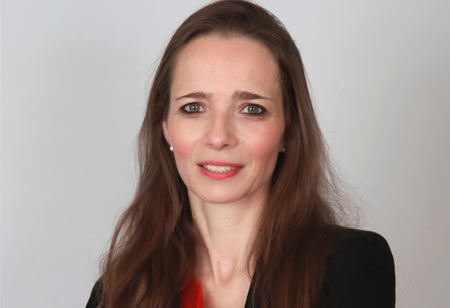

Thank you for Subscribing to Agri Business Review Weekly Brief

Maïsadour is the main agricultural cooperative in the southwest of France, with a turnover of 1.4 billion € and about 5000 farmers. As a responsible group actively preparing the future of agriculture in the region, Maïsadour is engaged in the agro-ecological transition towards more resilient and sustainable practices through innovation and ambitious targets.
We launched earlier this year our new company strategy, ‘Ambition 2030’, to embark all stakeholders towards common goals on four pillars: We believe that strong economic performance is a condition for achieving agro-ecological transformation in all our activities (vegetal and animal productions, fish, poultry and duck factories). ESG is not only required by our partners (banks, clients, institutions) but also a condition to remain attractive for talents, hence building strong teams and proposing solutions to meet the climatic and economic challenges of our time. The success of this transformation will benefit our territory. 60 to 75 per cent of carbon emissions of food products are related to farming. As all organisations are challenged to decrease their carbon emissions, they turn to farmers and push them to reduce their emissions. Maïsadour is not only working to support farmers on carbon emissions reduction but also finding opportunities to leverage the carbon storage capacity of sustainable farming practices while maintaining stable production yields.Maïsadour and all its teams are committed to the agro-ecological transition, which must be able to combine ecological and economic sustainability to maintain and develop France's agri-food independence while preserving its farmers.
